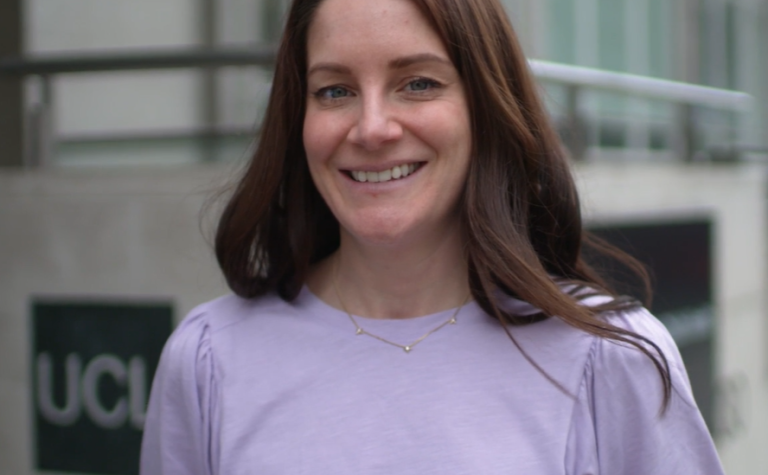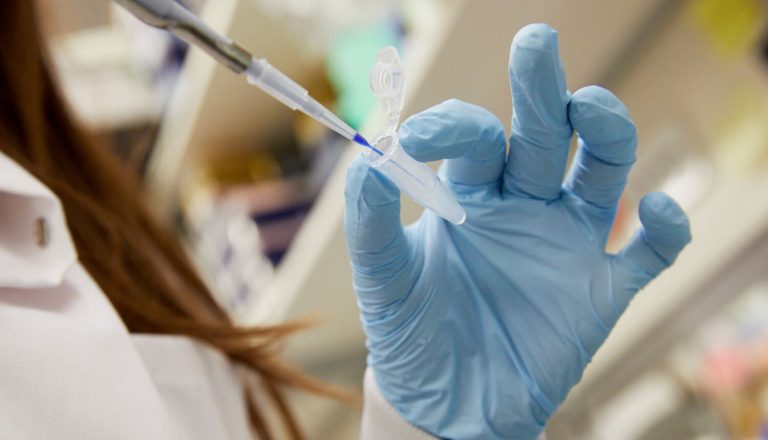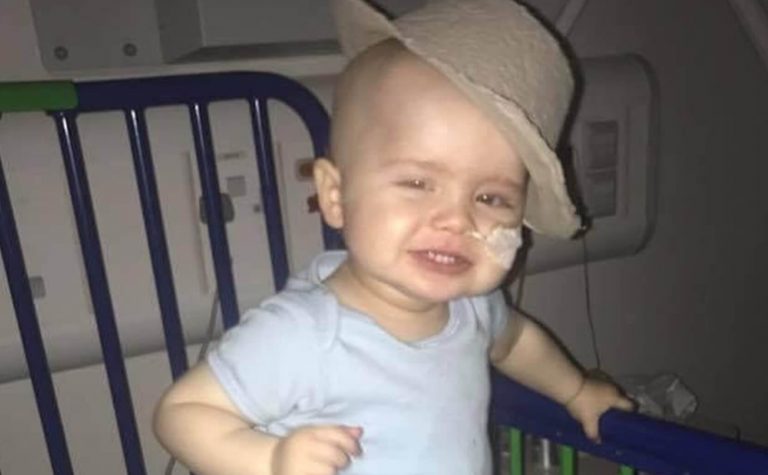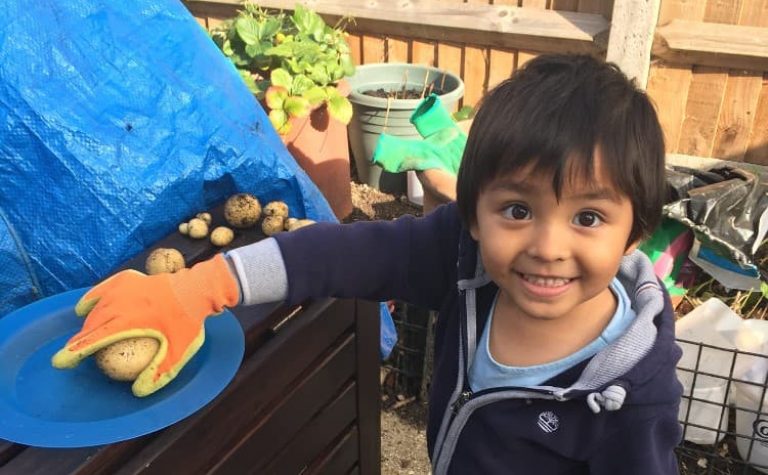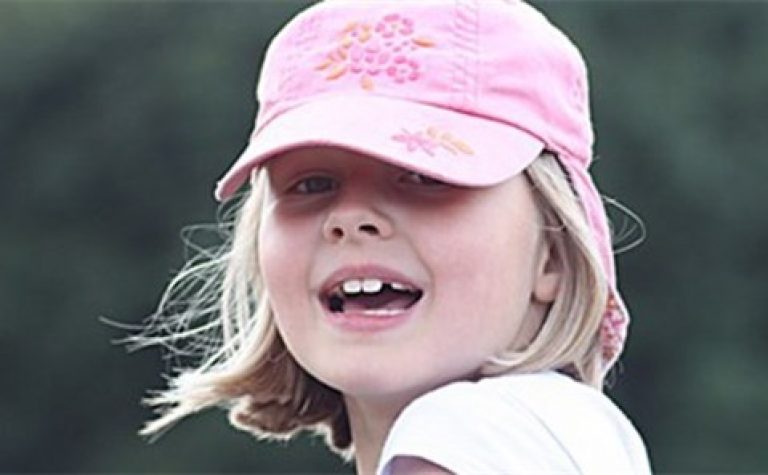Project Details
Project Title
Understanding the impact of a diagnosis of childhood cancer on school attainment and attendance.
Lead Researcher
Katie Harron
Research Centre
UCL
City & Institution Postcode
--
Start Date
1 July 2024
Duration
24 months
Grant Amount
£233,391.04
